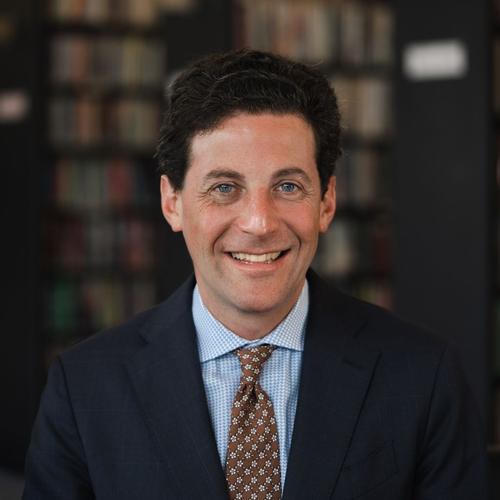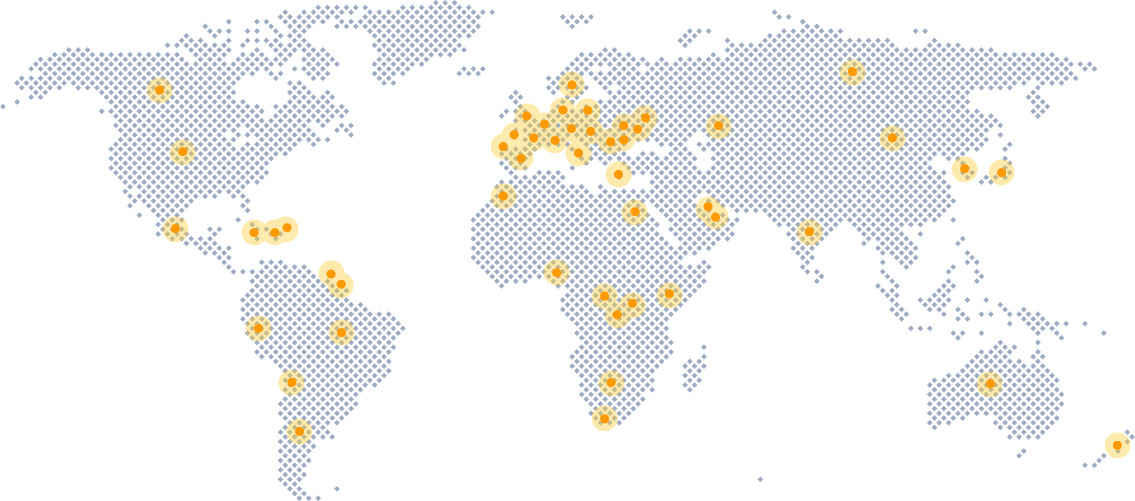 The International Paralympic Committee (IPC) is a signatory to the World Anti-Doping Code. The IPC anti-doping rules apply to the Paralympic Games along with all other competitions under the auspices of the IPC. Below, we discuss 5 anti-doping rule expectations that all paralympic athletes should follow if they want to be eligible for the games.
The International Paralympic Committee (IPC) is a signatory to the World Anti-Doping Code. The IPC anti-doping rules apply to the Paralympic Games along with all other competitions under the auspices of the IPC. Below, we discuss 5 anti-doping rule expectations that all paralympic athletes should follow if they want to be eligible for the games.
Table of Contents
5 Anti-Doping Rule Expectations for Paralympic Athletes
By participating in the Paralympic Games or other IPC competitions and events, an athlete agrees to be bound by the IPC Anti-Doping Code.
Here are the 5 the key expectations for paralympic athletes.
1. Understand Anti-Doping Policies and Rules Related to Paralympic Sport
Failure to understand the IPC Anti-Doping Code is not a defense when accused of an anti-doping rule violation. The International Paralympic Committee provides several educational resources on its website to help athletes understand their obligations regarding being strictly liable for what they ingest.The IPC Anti-Doping Code is available for review.
2. Make Yourself Available for Testing as Required
Athletes who are included in the Registered Testing Pool (RTP) can commit an anti-doping rule violation by way of a "Whereabouts case" where an athlete fails to properly update their quarterly whereabouts filing or misses an out-of-competition test in their designated 60-minute window. If you do not submit your quarterly whereabouts filing by the due date or submit inaccurate or outdated information, this is considered a failing failure.If you fail to be available for testing at the location and time specified in the 60-minute time slot, this is considered a missed test.
Under IPC rules, any combination of three whereabouts failures within a 12-month period constitutes an anti-doping rule violation. Refer to our tips for how to prevent a whereabouts failure to learn what steps you can take to help avoid this type of anti-doping rule violation which comes with a mandatory 12-month sanction.
3. Take Responsibility for Any Substances You Ingest or Use
Athletes are held to a standard known as “strict liability,” which requires them to accept responsibility for whatever is in their bodies regardless of how it got there. Athletes should be particularly cautious when using dietary supplements that are not "certified for sport" since they could be contaminated with banned substances ranging from stimulants to steroids to SARMs (selective androgen receptor modulators). Contamination from meat is also possible since growth-promoting banned substances such as clenbuterol and trenbolone are used on beef cattle throughout the world.
4. Check Your Medications and Obtain a Therapeutic Use Exemption
When you need medical care, you should inform your health care provider that your status as an elite athlete requires you to avoid any substances on the WADA prohibited list. If you are medically required to use a prohibited substance or method, you must apply for a Therapeutic Use Exemption (TUE). National-level athletes must apply to their National Anti-Doping Organization (NADO) for a TUE, while International-level athletes must apply to their International Federation (IF) for a TUE. Applications should be made before using the prohibited substance or method unless treatment is needed during a medical emergency; otherwise, you may need to file a TUE appeal. Recreational athletes who are neither national- nor international-level athletes should check with their NADO to see if they need to file a TUE before using any medication.
5. Cooperate With an Investigation
Paralympic athletes must cooperate with any investigations into alleged violations. However, we strongly recommend that you first consult an experienced sports lawyer as soon as possible prior to engaging in any investigation in order to protect your rights throughout the investigation.
Are You a Paralympic Athlete Who Has Been Accused of an Anti-Doping Rule Violation?
When it comes to anti-doping rule violations, you must act quickly to protect your career, your reputation, and your lifelong dreams. If you have been accused of violating anti-doping rules, please contact us online or call us at +1-207-747-5899 to schedule a consultation with one of our international anti-doping lawyers.


